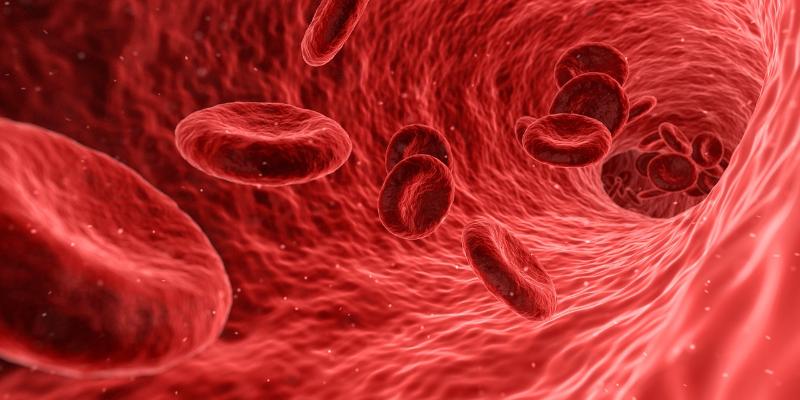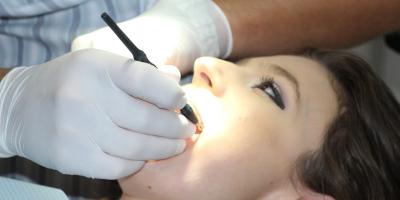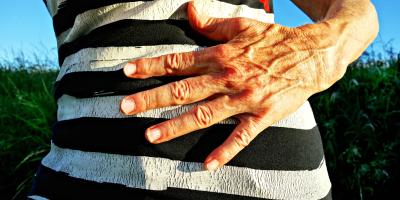If you are between 18 and 65 years old, weigh over 50 kilos and feel just fine, there is high probability that you can become a blood donor. Including the examination, it only takes about an hour or so. Blood donors are entitled to a paid day off from work and eight bars of chocolate to help them recharge.
Blood and its constituents are generally collected for people who have lost their own blood as a result of an accident or surgery, people with clotting disorders, burn and trauma victims, and patients with malignancies and neoplasms during and after chemotherapy. Blood saves lives and it cannot be manufactured.
Where you can donate blood
Blood can be donated in Regional Blood-Donation Centres (RCKiK’s) and their branches, which usually operate in hospitals or outpatient clinics. RCKiK’s also organise field events, which can either be regular, e.g. each week in selected medical centres, or irregular, in outpatient clinics, offices, on company premises, etc.
Blood-donation centres also have at their disposal special ambulances. This way they can organise blood-donation events virtually anywhere. In Warsaw, you can find such an ambulance in front of the Palace of Culture and Science (PKiN) each Wednesday. You can find a detailed schedule of blood-donation events on the websites (eg. www.nck.gov.pl) of the National Blood Centre (NCK), which is responsible for blood collection and supply, and of individual RCKiK’s.
Who can donate blood?
Anyone who volunteers to donate their blood, provided they are healthy, well rested after a good sleep and a light and low-calorie meal. Donors should also drink about 1.5 litres of fluid a day. You should not volunteer if you are sick (eg. runny nose) or on medication.
Anyone between the ages of 18 and 65 can become a donor. Prospective donors should weigh more than 50 kg, cannot have a body temperature over 37°C, should have a regular pulse between 50 and 100 heartbeats per minute, and their arterial blood pressure cannot exceed 180 mm Hg for systolic pressure and 100 mm Hg for diastolic pressure. In addition, female donors cannot donate during their periods.
Prospective donors need to fill in a detailed questionnaire, which helps to make an initial judgement about whether they can donate or not. The final decision, however, is made by a doctor, who will take your blood pressure and temperature, and examine you against any irregularities in your lymph glands and on your skin.
The interval between consecutive donations cannot be shorter than 8 weeks. Therefore, men can donate a maximum of 6 times per year, and women up to 4 times.
What is the procedure?
After you arrive at a blood-donation station, you need to fill in a questionnaire. You will need your photo ID, your PESEL number and your residential address. Then you will have your haemoglobin level tested (it takes about 3 minutes to know the result). Next, you will be examined by a doctor who will make the decision about whether you can become a donor or not.
A typical donation is 450 ml of whole blood (in adults there are about 5-6 litres of blood in circulation).
After donating, a donor stays at the donation site for a while to recover. On leaving, each donor receives a snack with the calorific value of 4,500 kcal (usually eight bars of chocolate).
Blood donation is completely safe, as it is always performed using disposable equipment.









Comments (0)